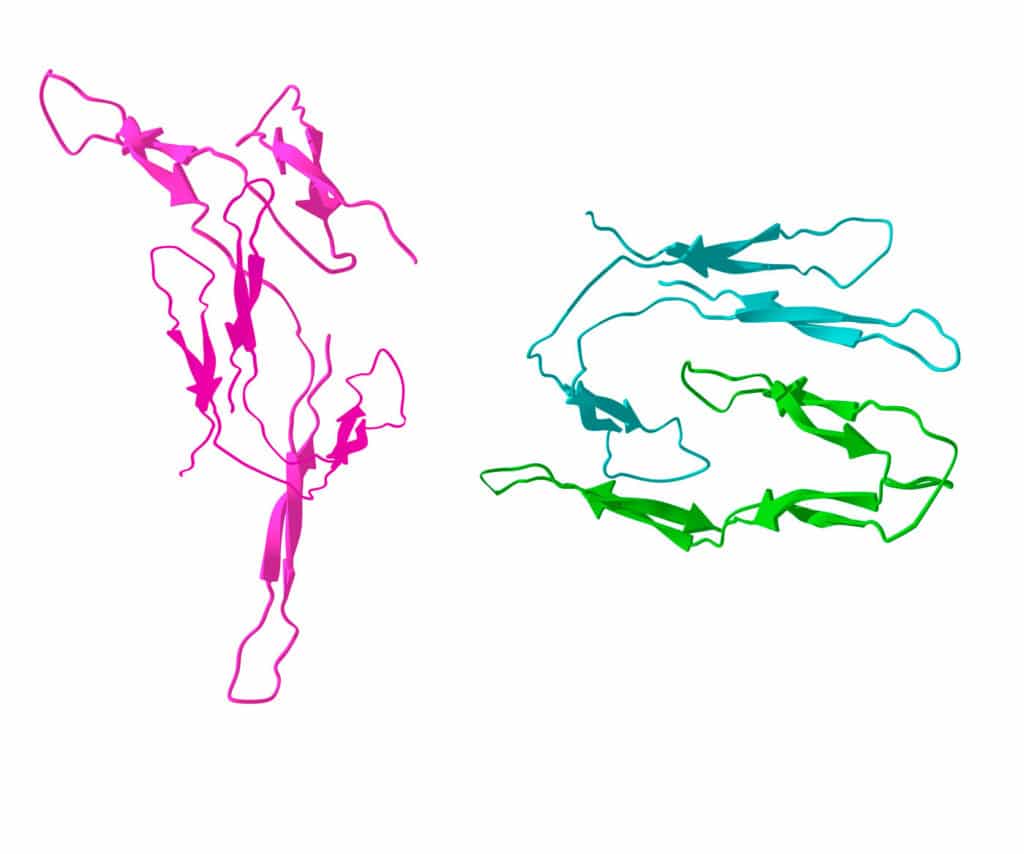Tag: molecular biology
Regulating RNA interference by modifying RNA backbone with amides

Professor Eriks Rozners and colleagues at Binghamton University in New York, USA, are using innovative nucleic acid chemistry to modify RNA-based technologies such as RNA interference (RNAi) and Clustered Regularly Interspaced Short Palindromic Repeats (CRISPR) to enhance their utility in molecular biology. These technologies suffer from off-target effects that limit their clinical utility. By replacing phosphates in the backbone with […]
Read More… from Regulating RNA interference by modifying RNA backbone with amides
Pure and sound: Isolating the finest RNA from jute

Jute is an important crop grown for human usage of its fibres in everyday materials. There has been an increasing interest to study the behaviour of this crop in the field, to maximise its yield. Detailed studies of this plant at the molecular level involves several techniques that require isolation of cellular material such as nucleic acids (DNA and RNA) […]
Read More… from Pure and sound: Isolating the finest RNA from jute
Housekeeping rules: Why reference genes matter in jute plants

Jute is a commercially grown fibre plant that provides a natural resource for modern day fibre usage. With the lack of diversity in jute plants, the recent sequencing of the jute genome offers a wide range of gene targets for crop breeding. In parallel, the use of quantitative approaches to study the expression pattern of jute genes has taken precedent. […]
Read More… from Housekeeping rules: Why reference genes matter in jute plants
New synthetic biology method revolutionises DNA cloning

Since the dawn of humanity, we have been modifying and altering the natural environment to suit our needs, from domestication of animals and plants to the modification of landscapes. Using synthetic biology, Dr Jeff Braman and Dr Peter Sheffield at Agilent Technologies, Inc. have developed a new method to assemble DNA. Their approach allows seamless assembly of independent, functionally tested, […]
Read More… from New synthetic biology method revolutionises DNA cloning
ESEB: Helping evolutionary biology evolve in Europe

Evolution has been shaping our planet’s inhabitants for billions of years, and it continues to do so. Since its inception in 1987, the European Society for Evolutionary Biology (ESEB) and its members have worked to further our understanding of the complex subject, and its president Professor Laurent Keller is no exception. Professor Keller spoke with us at Research Outreach about […]
Read More… from ESEB: Helping evolutionary biology evolve in Europe
Raising antibodies against protein complexes

Dr John LaCava of The Rockefeller University has identified a gap in the current availability of target-specific antibodies for the analysis of intracellular protein-protein interactions. Using the latest antibody production techniques, alongside immunoprecipitation and mass spectrometry, he aims to identify important interactions between transcription factors and other macromolecules which are implicated in disease. Proteins are vital for the inner workings […]
Read More… from Raising antibodies against protein complexes